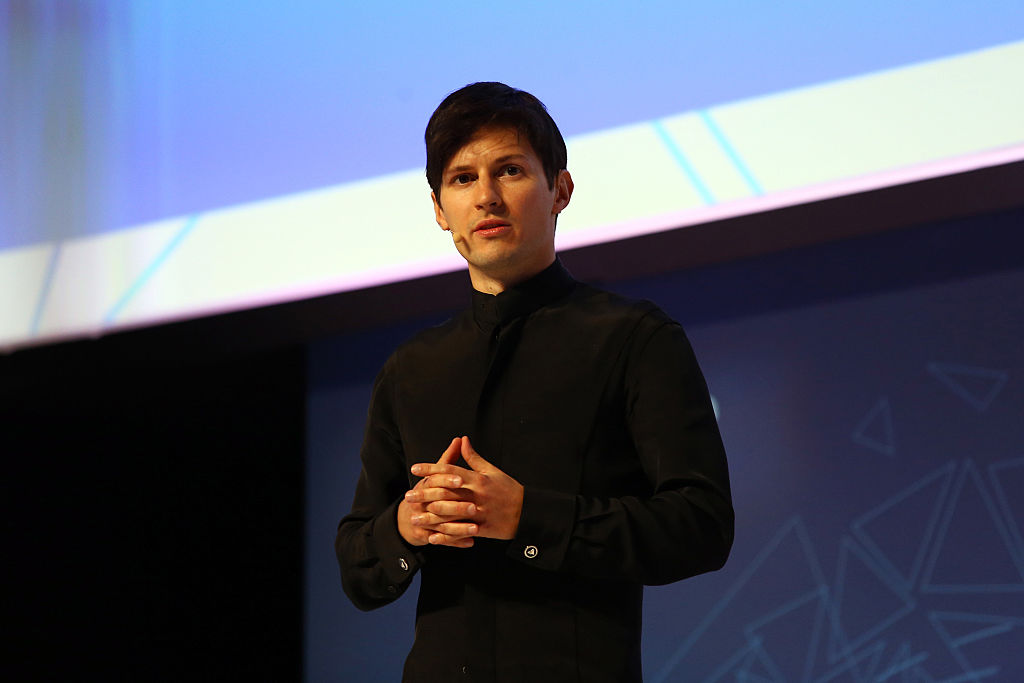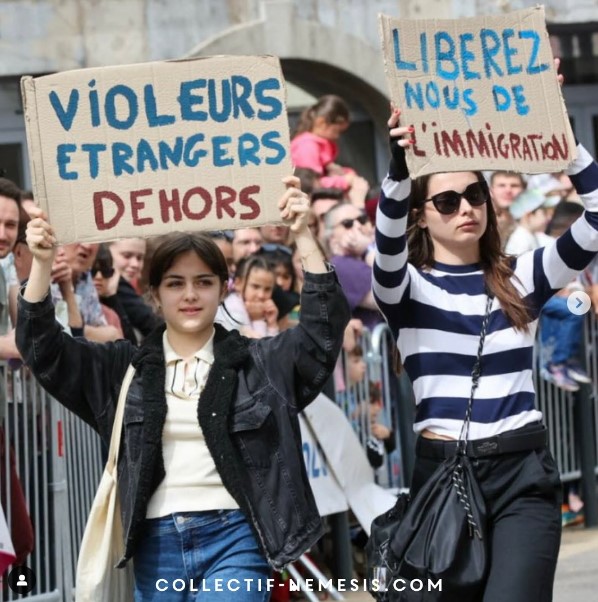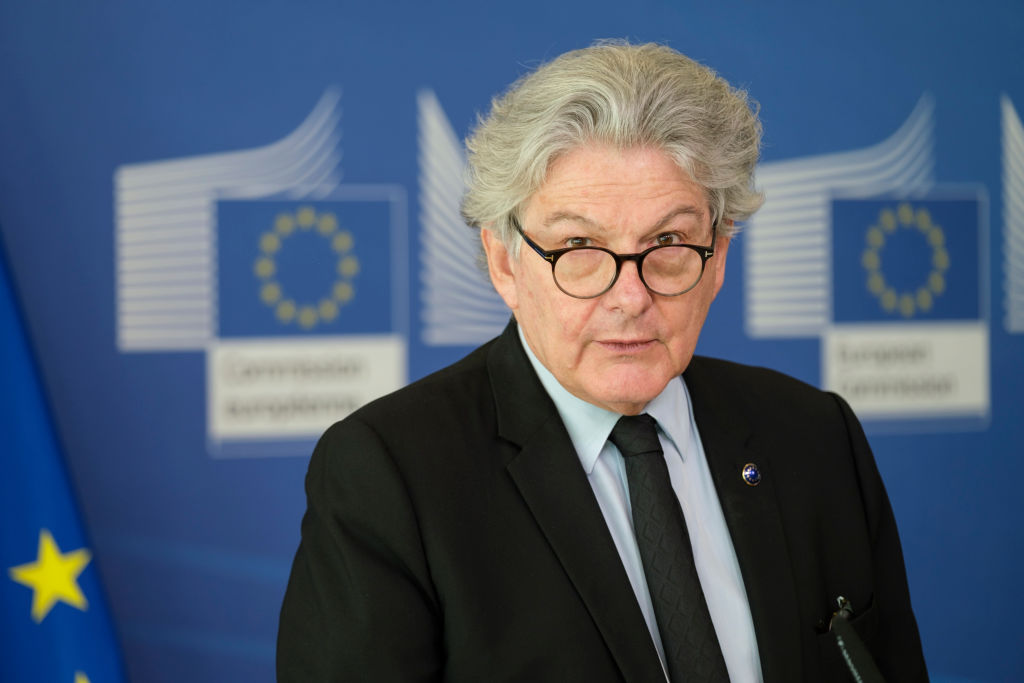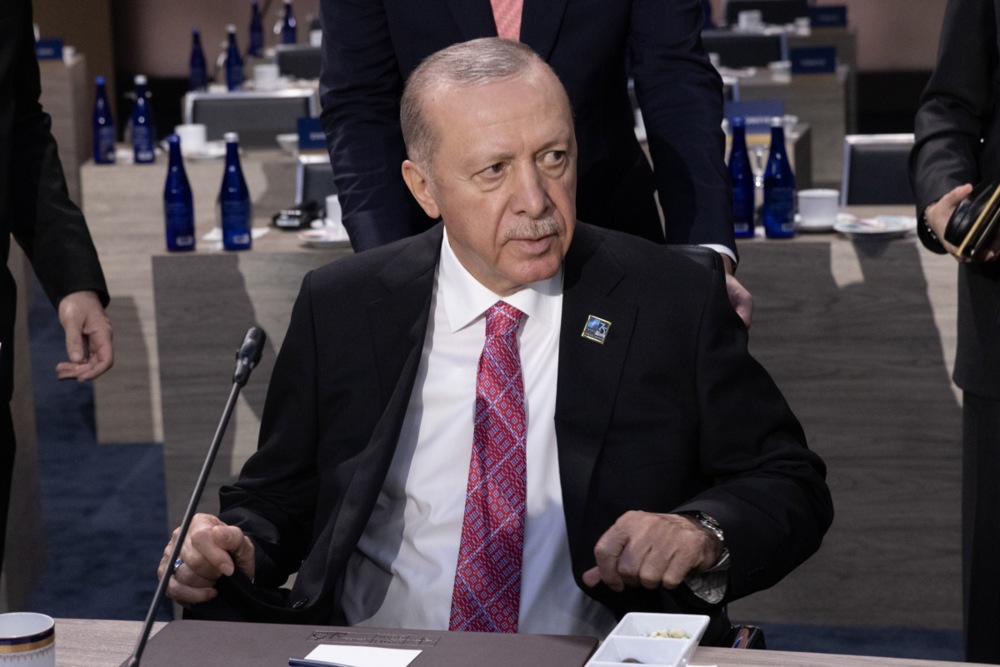Le Canard Enchaîné, an investigative satirical newspaper in France, has reported that Pavel Durov, the boss of Telegram, said he was invited to have dinner with French President Emmanuel Macron when the police arrested him.
Pavel Dourov, le patron de Telegram, a affirmé aux flics qui l'ont cueilli à sa descente d'avion qu’il était attendu pour dîner avec Macron. L’Elysée a formellement démenti. "Ce soir-là, le Président était au Touquet", précise un conseiller du Château auprès du "Canard".
➡️ Les…
— Le Canard enchaîné (@canardenchaine) August 27, 2024
A spokesperson for the Elysée Palace denied the accusation formally, telling Le Canard Enchaîné: “The President was absolutely not aware of Pavel Durov’s visit to Paris.”
It was further stressed that on the evening of Durov’s arrest on August 24, Macron was in his home town of Touquet, on the Northern coast of France.
“It has in fact come back to us that he [Durov] claimed to have had an imaginary meeting with the head of state, and that he also boasted of having ‘numerous high-ranking acquaintances’,” the spokesperson told the French weekly.
Le Canard Enchaîné continued to wonder why Durov came into what it termed “the lion’s den”, by visiting Paris. Since July 8, France had issued an international arrest warrant against him, something he was seemingly unaware of.
Durov was granted French citizenship in 2021 despite such being granted only if the applicant has lived in France for several years and naturalised, or has become part of the French cultural and linguistic sphere.
Le Monde reported Durov having told his followers on Telegram in April 2023 that he had “jokingly” applied for French citizenship under the name Paul Du Rove. It was approved against all expectations.
His official naturalisation was published in August 2021 and went largely unnoticed before being uncovered by Russian media.
The only way for Durov to receive French nationality was via the “foreigner emeritus” (étranger emérite) route – the granting of French nationality at the initiative of the government to people who have “extraordinarily contributed” to France, adding to its prosperity or international standing.
It is a rarely used procedure dating from before the French Revolution.
In 2019, Evan Spiegel, the boss of Snapchat – another big tech enterprise – and his son also benefited from this procedure. Spiegel senior had learned French as a student.
The French Foreign Ministry told Le Monde it did not comment on individual cases.
Relationships between Durov and France have been mixed. Earlier, he had been praised for his support of the Russian opposition. He was seen by many as a champion for digital privacy and freedom of expression.
Durov, a committed libertarian and staunch advocate for individual rights and limited government powers, has ensured that Telegram features robust encryption. He has consistently resisted pressure from authoritarian regimes to impose censorship on the platform.
This stance brought him into direct conflict with Russian authorities, ultimately forcing him to leave the social networking site VK.
That escalated when he publicly refused to hand over the personal data of Ukrainian protesters opposing pro-Russian Ukrainian President Viktor Yanukovych to Russia’s Federal Security Service. He also refused to block the page of the late Russian opposition promoter Alexei Navalny’s on VK.
Still, any sympathy for Durov in France quickly dissipated when he refused to co-operate with French authorities amid allegations that Telegram was being used by organised crime gangs for drug trafficking, child pornography, fraud and money laundering.
Additionally, concerns were raised over the platform’s cryptology services, which allegedly provided confidentiality without proper regulatory compliance.
Telegram remains popular in Russia, Ukraine and former Soviet Union States. It was banned by Moscow in 2018 after Durov refused to hand over users’ data, but that was reversed in 2021.
Telegram was also used by Russians in Africa, where, with the help of Wagner mercenaries, the Kremlin has successfully pushed out and replaced French troops.
The app reportedly played a role in the communications of anti-French forces in the overseas departments.
“It is absurd to claim that a platform or its owner are responsible for abuse of that platform,” Telegram said on X, emphasising that it complies with European Union regulations.https://t.co/RJ4IvUL50g
— Brussels Signal (@brusselssignal) August 26, 2024
Durov’s arrest has become part of a free speech debate in the West. In a statement on its own channel, Telegram said its boss had nothing to hide, adding: “It is absurd to say that a platform or its boss are responsible for the abuses.”
Many people agree and have noted that criminals would find other ways to communicate and commit crimes. Observers have pointed out that Facebook and Instagram have also often been allegedly abused by criminals for child pornography.
On X, in English, Macron said there was “false information” circling around Durov’s arrest and stressed that it was not a political move but a fully independent, judicial decision. He insisted France was deeply committed to freedom of expression.
I have seen false information regarding France following the arrest of Pavel Durov.
France is deeply committed to freedom of expression and communication, to innovation, and to the spirit of entrepreneurship. It will remain so.
In a state governed by the rule of law,…
— Emmanuel Macron (@EmmanuelMacron) August 26, 2024
Chris Pavlovski, the CEO and founder of alternative social media platform Rumble, claimed France was not as strongly committed to freedom of expression as it claimed. Rumble had to shut down in the country.
The video streaming site was blocked because it did not want to “moderate” content as Paris had instructed. Rumble refused to take down video’s from the Russian channels Sputnik and RT.
Russia has accused France of applying double standards. On August 25, the Russian Embassy in France said it wanted to “clarify the reasons for the detention and to provide for the protection of Mr Durov’s rights and facilitate consular access”, adding that French authorities were not co-operating.
Russian foreign ministry spokeswoman Maria Zakharova posted on Telegram asking whether Western human rights NGOs would remain silent on Durov’s arrest, after they had criticised Russia’s decision to “create obstacles” for Telegram in Russia in 2018.





